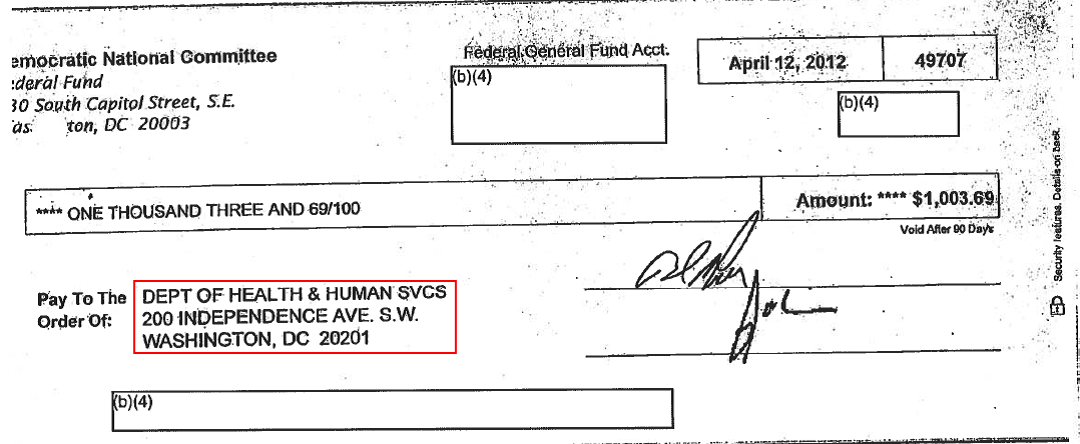According to a Department of the Interior, Office of the Inspector General (DOI OIG) report and numerous complaints filed by Bureau of Indian Affairs (BIA) employees, Jeanette Hanna, the former Regional Director of the Eastern Oklahoma Regional Office of the BIA, mismanaged tribal trust funds, abused her authority, retaliated against employees, steered contracts, and had an inappropriate relationship with a government contractor that created a conflict of interest. The DOI OIG report reveals that there were at least 17 formal complaints, 2 separate DOI OIG investigations, and 4 different reviews by the BIA and the DOI Office of Policy, Management and Budget (PMB) of Hanna’s behavior between 2005 and 2011. Just how badly must a federal employee behave before getting fired?
In November 2009, the BIA placed Hanna on detail in Washington, DC, while the Office of the Assistant Secretary for Indian Affairs (AS-IA) reviewed her alleged ethical violations. Hanna remained on detail for more than 500 days longer than allowed by agency rules. However, no action was ultimately taken by the AS-IA, so the DOI OIG initiated an investigation in August 2011 after receiving information that BIA officials failed to act on the complaints against Hanna.
During the AS-IA’s formal review of the complaints against Hanna, investigators interviewed BIA employees who were “physically shaking” because they were so afraid Hanna might retaliate against them. As the AS-IA discovered, Hanna had previously installed 40 “extra” security cameras with live feeds she used to monitor employees in her regional office, and the initial AS-IA report confirmed that Hanna engaged in retaliation and harassment of employees. However, this report appears to have been ignored by higher ups at the AS-IA, who dismissed the findings as “minor personnel issues” and just so happen to be friends with Hanna.
Hanna not only fostered a hostile work environment. The DOI OIG’s report ultimately found that the failure of the BIA and AS-IA to ensure Hanna followed agency spending procedures cost the government nearly $200,000. After reviewing travel vouchers from Hanna’s detail filed by the AS-IA (to whom she had been assigned even though it was the AS-IA investigating her), investigators found an almost complete failure to comply with tax laws and agency regulations. In sum, Hanna was reimbursed over $130,000 in travel costs, as she often traveled between Oklahoma and DC, with her $117-a-night hotel room sitting empty for weeks for at a time. Perhaps even more outrageous, Hanna decided she required an agency-provided SUV for the over-two-year detail in DC “because of the snow,” as she later explained to investigators.
Following the DOI OIG’s referral, the U.S. Attorney’s Office (USAO) for the District of Columbia declined to prosecute this case. While the USAO might have determined that the evidence did not warrant a criminal prosecution (even though Hanna still owes significant back taxes on her travel reimbursements), it is disturbing that such blatant disregard for agency regulations and federal law has warranted no punishment for Hanna.
To read the full story, see our investigation analysis here.



